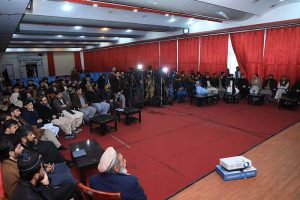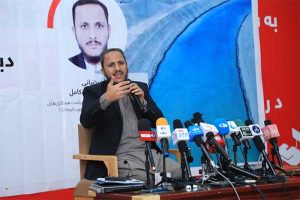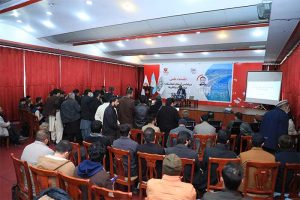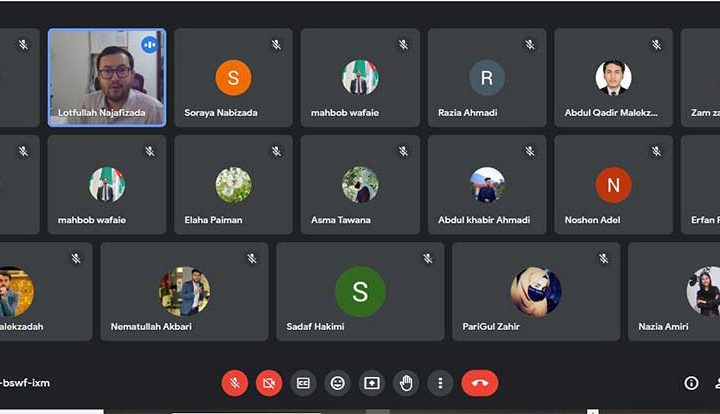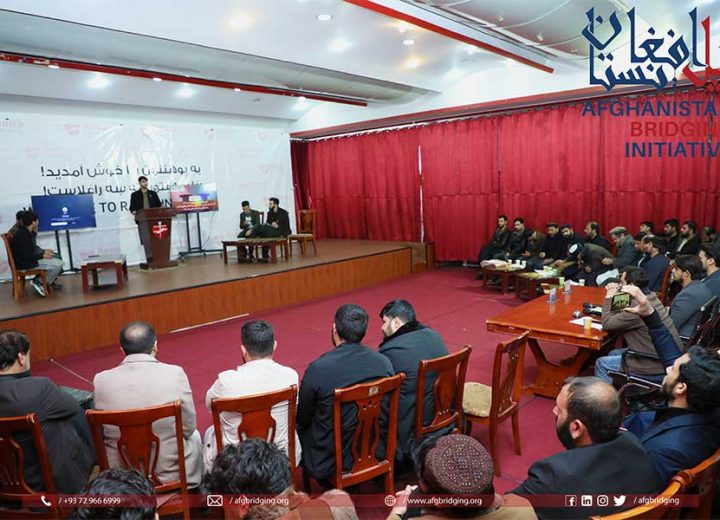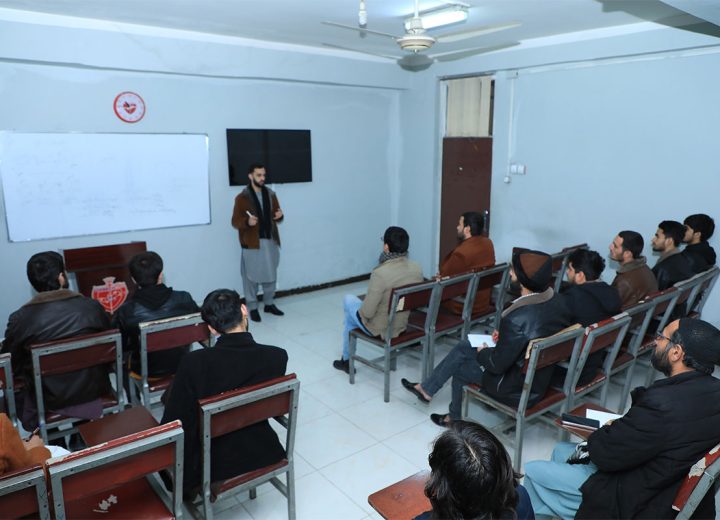Within the framework of the Afghanistan Bridging Initiative’s Dialogue program, a thought-provoking session on Afghanistan’s hydro diplomacy was recently convened. This engaging event featured a distinguished guest speaker, the Director General of Trans-boundary Waters and Border Affairs at the Ministry of Foreign Affairs of Afghanistan. Addressing a diverse group of Afghan youths representing various institutions, the speaker shed light on the government’s policies concerning water treaties in Afghanistan and elucidated the nuanced dynamics of water-sharing agreements with Iran in the Helmand Basin. The speaker also explained in detail the Qosh Tepe Canal and Amu Basin, illustrating how these agreements shape Afghanistan’s foreign policy towards Central Asian countries.
A highlight of the session was the interactive Q&A segment, where enthusiastic youth actively engaged with the guest speaker, posing thoughtful questions on a range of topics related to hydro diplomacy. The guest speaker, in turn, provided detailed and informative responses, offering deeper insights into the intricacies of water treaties and the implications for Afghanistan’s diplomatic relations. This exchange of ideas and perspectives not only enriched the dialogue but also empowered the youth to delve deeper into the complexities of water governance and diplomacy, fostering a spirit of inquiry and critical thinking among the participants.
At ABI, a core objective is to foster a culture of accountability and transparency among both the people and the government. By empowering citizens, particularly the youth, to voice their concerns and expectations, we strive to create a platform where the government feels a strong sense of responsibility towards its citizens. Through open dialogue and engagement, we aim to facilitate a two-way communication channel where citizens are not only informed but also actively participate in the policy-making and governance processes, ensuring a more inclusive and participatory approach to decision-making.
ensuring a more inclusive and participatory approach to decision-making.

